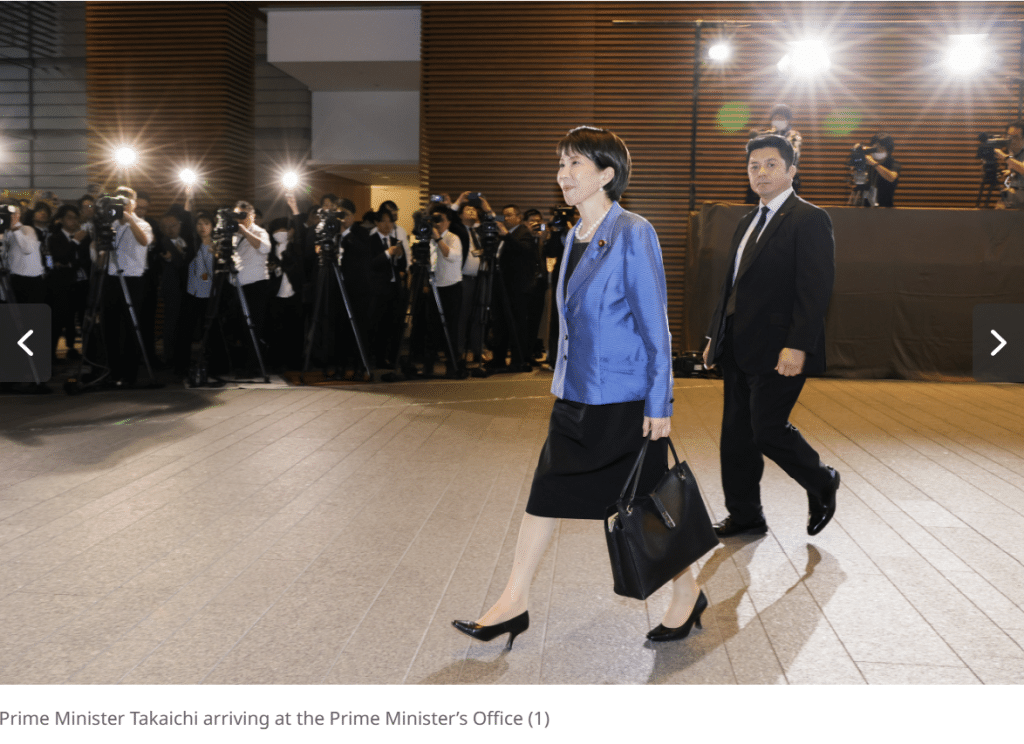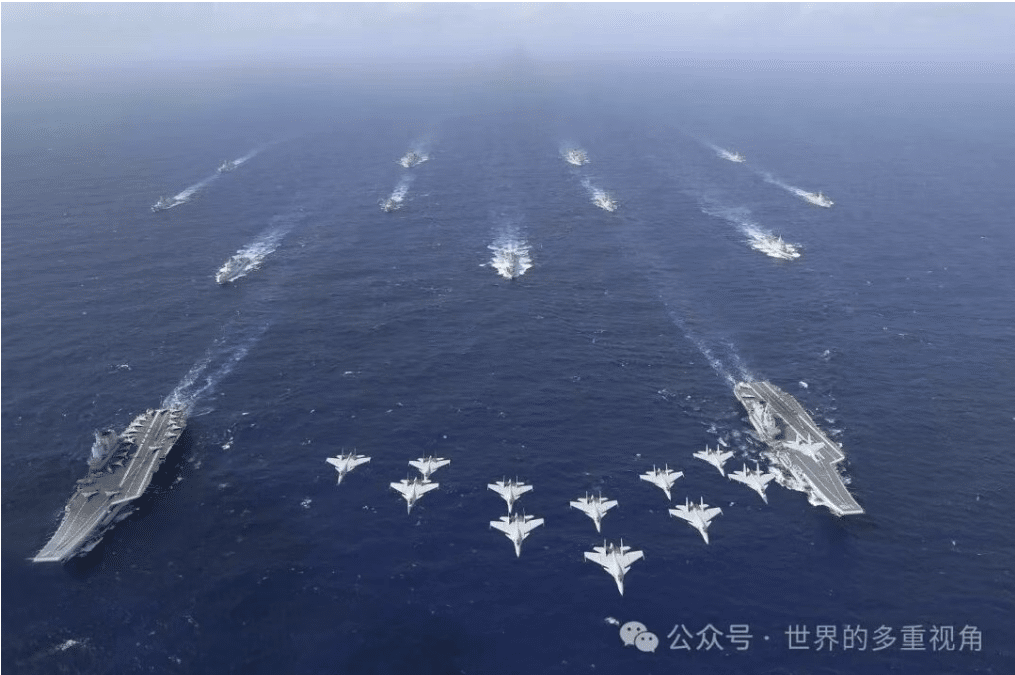Challenges to the Development of a China-led International Normative Order
This summary is adapted from Elliot Ji’s manuscript “Challenges to the Development of a China-led International Normative Order,” which was presented at the Sixth Annual Young Scholars Forum on U.S.-China Relations. For his outstanding scholarship, a panel of judges awarded Ji the 2021 Jimmy Carter Award for Best Paper on U.S.-China Relations.
The Seventh Annual Young Scholars Forum on U.S.-China Relations is now accepting abstracts. For more information, please click here.
For students of China’s rise in the context of the liberal international world order, China’s vision of a new normative order is an intriguing topic. It is no surprise that China has been visibly discontent with the liberal value normative order cemented by victorious democracies following World War II. The existing normative order emphasizes “universal values,” such as individual liberty and civil and political rights, all of which invariably favor democratic institutions. Witnessing its own rise and the West’s decline, China is asserting its ideological influence beyond its borders and producing counter-narratives on liberal values. During President Xi’s rule, China has been seen actively resisting certain international norms on civil and political rights, appearing hostile or indifferent to the existing liberal-value normative order.
Given China’s historical track record of cooperating with the US-led international order, such as regarding the economy, China’s overt challenge to the ideologically driven normative order is an interesting deviation. From domestic news reports to diplomatic statements, China has vocally criticized many ills of the existing US-led liberal normative order, and often suggests that Chinese values are more suitable to address global challenges. The key question becomes: what would a China-led normative order look like, and can we expect one from the rising power any time soon?
To begin, some China observers define the Chinese vision of an alternative normative order as anti-liberal. This is largely reflected by the writings of China scholars who traced and documented China’s ideological advances in human rights regimes. China is promulgating an ideology that seeks to upend liberal values that support human rights while garnering support from like-minded autocracies. These efforts are considered “planned” and “intentional” , and have achieved considerable success in swaying narratives of authoritarian regimes in China’s direction.
While these Western scholars maintain that a China-led normative order centers around the negation of liberal values, Chinese academics seek to ground the Chinese vision in traditional Chinese values of benevolence (仁), righteousness (义), and rites (礼) Using cultural principles, the Chinese normative order can not only co-exist with the liberal values of freedom, liberty, and democracy but can also surpass and subsume them because such a result-oriented system is more adept at dealing with today’s global challenges. Following this thought, some scholars have considered the COVID-19 pandemic a favorable justification of the traditional value approach, arguing that a result-oriented political philosophy is best to remedy the many ills of the liberal-democratic societies amid a global crisis. In sum, a “humane authority” for “all under heaven” is the ordering theme that enables all nations to move forward.
Issues of Justification
However, to devise a value justification to a China-led normative order, China must confront several challenges to fully rationalize the result-oriented value system. First, traditional values offer little reconciliation between the leading state’s moral obligation to provide benevolent and just outcomes and the follower state’s sovereign choices. Born over 2000 years ago, these values were crystalized with the influence of Confucius and Han Fei Zi, premised on the internationalization of hierarchical and paternalistic leadership. This gives the proposed China-led normative order a subtextual theme of unchallenged authority. By promising a result-oriented justice to the international community, these traditional values ask for the community’s acceptance of the leading state’s legitimate preponderance in not only the material, but also ideological, realms. At the state level, this implies a legitimate elevation of status for authoritarian rule; at the international level, the order recognizes the leading state’s unrivaled position and accepts the leading state’s efforts to bring righteousness and justice to follower states.
Notably, the international harmony envisioned by traditional values leaves no room for states to object to the role of the leading state without compromising harmony itself. The hierarchy is set and morally unchallengeable regardless of a state’s sovereign choice or power growth. The only logical solution to this conflict is a complete cultural and ideological submission to the leading state and internalization of its wishes by following states. For instance, under the Sino-centric tributary system, one of the earliest models of international order, both Japan and Korea, functionally sovereign states, accepted a culturally (and to a lesser extent politically) subordinate status to ancient China in exchange for trade and political recognition. If a China-led order would once again uphold the spirits and values from this past model in today’s world, it would have to begin with follower states acknowledging Chinese cultural supremacy, which justifies the paternal state’s future interference in the country’s affairs.
Second, there is a current lack of concrete processes that connect what is theorized to the actualization of traditional values in a normative order. It may be argued that traditional values are intrinsically compatible with the existing setup of the international institutions, but there is no account on what mechanism is at play to turn the values into drivers of a harmonious international community. In other words, China has yet to offer a pathway to norm acceptance (other than wholesale cultural submission as in the tributary system).
This is very unlike the existing liberal international order which defines a clear roadmap of building, maintaining, and promulgating values and institutions through reciprocity and democratization. For the liberal normative order, achieving the promises of the liberal values is done through actionable steps with well-defined benchmarks such as the rule of law, open and frequent elections, and transparency. Follower states would be able to observe this process-driven order and understand the boundaries of the leading authority. Since the Chinese alternative is about results, the processes are absent.
The missing role of processes may render any Chinese alternative normative order unattractive because the omission of process in its value system gives China moral impunity when seeking “justice in results”: interference and discrimination would be justified if they were intended and indeed brought about “justice” and “righteousness” at the end of the day. Any state contemplating an embrace of this system would have to contend with potential Chinese intervention in its domestic affairs to generate “better results for all.” This is especially relevant with a China that has hegemonic material capabilities relative to the weaker state. With harmony best protected by the leading state with unchallenged authority, can China credibly promise not to suppress any aspiring power that can challenge its position in the system or not exploit other nations to achieve the vaguely defined “result-oriented justice”? These are unresolved questions and inconsistencies that will impede popular support of the Chinese alternative in the international community.
Can we expect an alternative from China soon?
As it is currently presented by Chinese academics, the Chinese alternative to a normative order is far from being fully justified even within its own framework. The traditional values that underpin the Chinese normative order envision a world with justice in results and collective support from like-minded nations but offer no steps to realize these promises. We can expect that acceptance of these traditional values should be rare in the international community, and that China will not soon impose its version of international normative order on the global community.
However, while China is unlikely to succeed in replacing the existing normative order, it may nonetheless benefit strategically. While replacing an existing order is costly, modifying it in favor of the Chinese regime is substantially more achievable. A modified version of a world order that selectively downplays Western powers and emphasizes regional hegemons could dampen the influence of liberal values and allow China more normative discourse power going forward.
In fact, China is well-versed in cherry-picking from well-accepted values to bolster its position in controversial issues such as human rights. In Chinese authoritative media and official government statements, there is a considerable conformity to how human rights values are defined in UN provisions and treaties. From 2005 to the initial years of Xi Jinping’s presidency, several People’s Daily articles credited the “US-led UN system” for “serving a critical role in promoting regional stability, decolonization, and human rights”. These articles made deference to the UN provisions, sometimes acknowledging that “human rights (as defined by the UNHRC), is universal” and countries must “work to eliminate obstacles that hinder the promotion of rights by considering their unique domestic circumstances”.
When the Chinese narrative turned more aggressive with the inception of Xi’s presidency, deference to UN definitions persisted, except that these writings began to re-prioritize different values. 87 out of 102 People’s’ Daily articles since 2013 that discuss international order (国际秩序) and human rights (人权) referred to the UN definitions of rights, but more attention was given to the economic and social rights defined by the International Covenant on Economic, Social and Cultural Rights (ICESCR). The narrative began to relegate the values that are best protected by democracies to lower importance and place those most easily supplied by autocracies on top. The Chinese positional paper released on the 75th anniversary of the UN stated that “No human right is more important than the right to a happy life”; and the News Office of the State Council reaffirmed that “the right to survival and the right to development are the utmost important human rights, the necessary premise for all other kinds of human rights”. This line of counter-narrative attempts to garner support from like-minded autocracies, but it is evident that the normative foundation remains derivative of the existing liberal normative order. This norm-selection, as opposed to norm-entrepreneurship, may be more efficient for the Chinese regime to carry out in the long run to bring the existing normative order closer to its camp, but it is simply insufficient to realize a full-fledged alternative normative order as it stands at present.








